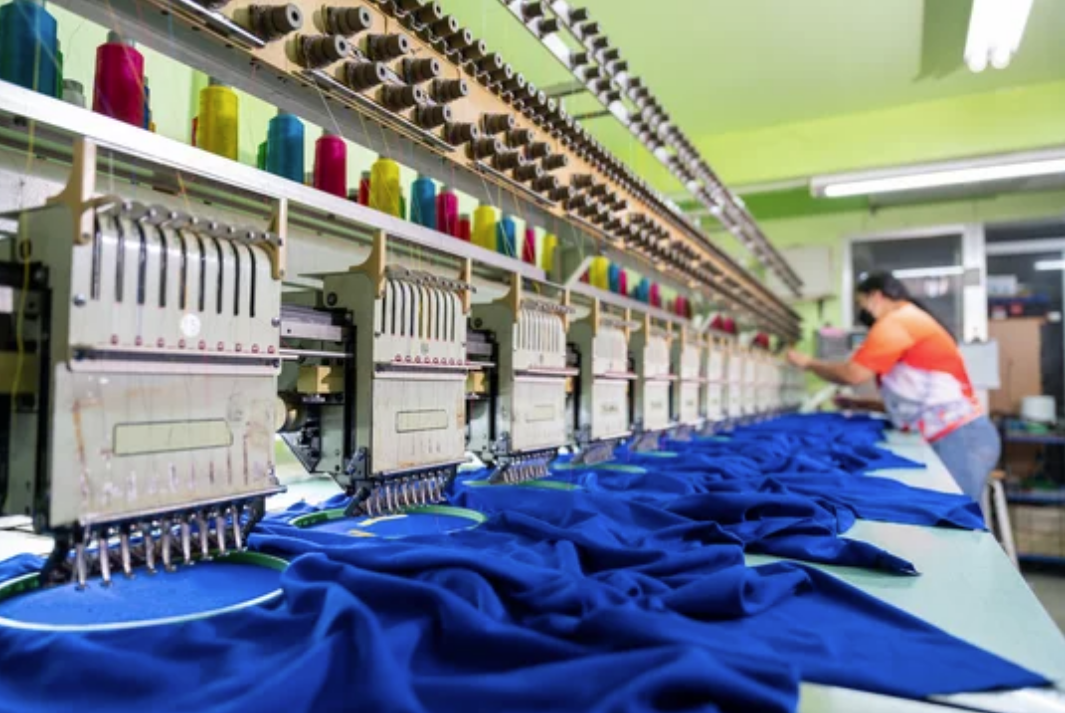In soft goods manufacturing, ensuring quality throughout the production process is paramount. From the initial stages of sourcing materials to the final creation of the finished product, a comprehensive inspection process plays a crucial role. In this article, we will delve into the journey of soft goods manufacturing and explore how inspections are vital in guaranteeing top-notch quality. Whether you are a professional in the industry, a manufacturer, or simply interested in the manufacturing process and quality assurance in the soft goods sector, this article will provide valuable insights.
Sourcing Quality Materials
The journey of soft goods begins with the careful selection of materials. From natural fibres like cotton and silk to synthetic materials such as polyester and nylon, the choice of materials impacts the overall quality of the final product. Inspections during the sourcing process ensure that the materials meet the required standards, including durability, colourfastness, and compliance with safety regulations.
Production and Manufacturing
Once the materials are sourced, the production and manufacturing phase takes centre stage. Inspections at various stages of production, such as cutting, stitching, and assembly, ensure that quality standards are upheld. These inspections focus on stitching accuracy, seam strength, proper sizing, and adherence to design specifications. By conducting inspections during production, manufacturers can identify any potential issues early on, rectify them promptly, and maintain consistency in the quality of their soft goods.
Testing and Quality Assurance
Apart from physical inspections, comprehensive testing is vital to ensure the functionality and safety of soft goods. Tests such as colourfastness, shrinkage, strength, and flammability are conducted to verify that the products meet industry standards and regulations. Inspections also encompass quality assurance processes, including thorough checks for defects, proper labelling, and packaging integrity. By implementing rigorous testing and quality assurance measures, soft goods manufacturers can instil confidence in their products and protect end-users from potential risks.
Compliance and Ethical Considerations
Compliance with ethical and environmental standards is increasingly important in today’s global market. Inspections are crucial in ensuring that soft goods manufacturers adhere to regulations related to fair labour practices, sustainable sourcing, and responsible manufacturing processes. By conducting social compliance audits and inspections, companies can demonstrate their commitment to ethical practices and meet the expectations of socially conscious consumers.
Conclusion: From Fiber to Finished Product: How Inspections Ensure Quality in Soft Goods
From fibre to finished product, the journey of soft goods manufacturing involves meticulous inspections at every stage. By implementing a robust inspection process, manufacturers can safeguard their products’ quality, functionality, and safety. Inspections during material sourcing, production, testing, and compliance help identify and rectify potential issues, ensuring that the result meets or exceeds the desired standards.
We encourage you to contact VIS Quality Control experts if you have specific requirements or need assistance with quality control for your soft goods. Our experienced team is equipped to provide tailored solutions to meet your quality assurance needs.
Remember, quality is the cornerstone of success and inspections are the key to achieving it.



Related Posts